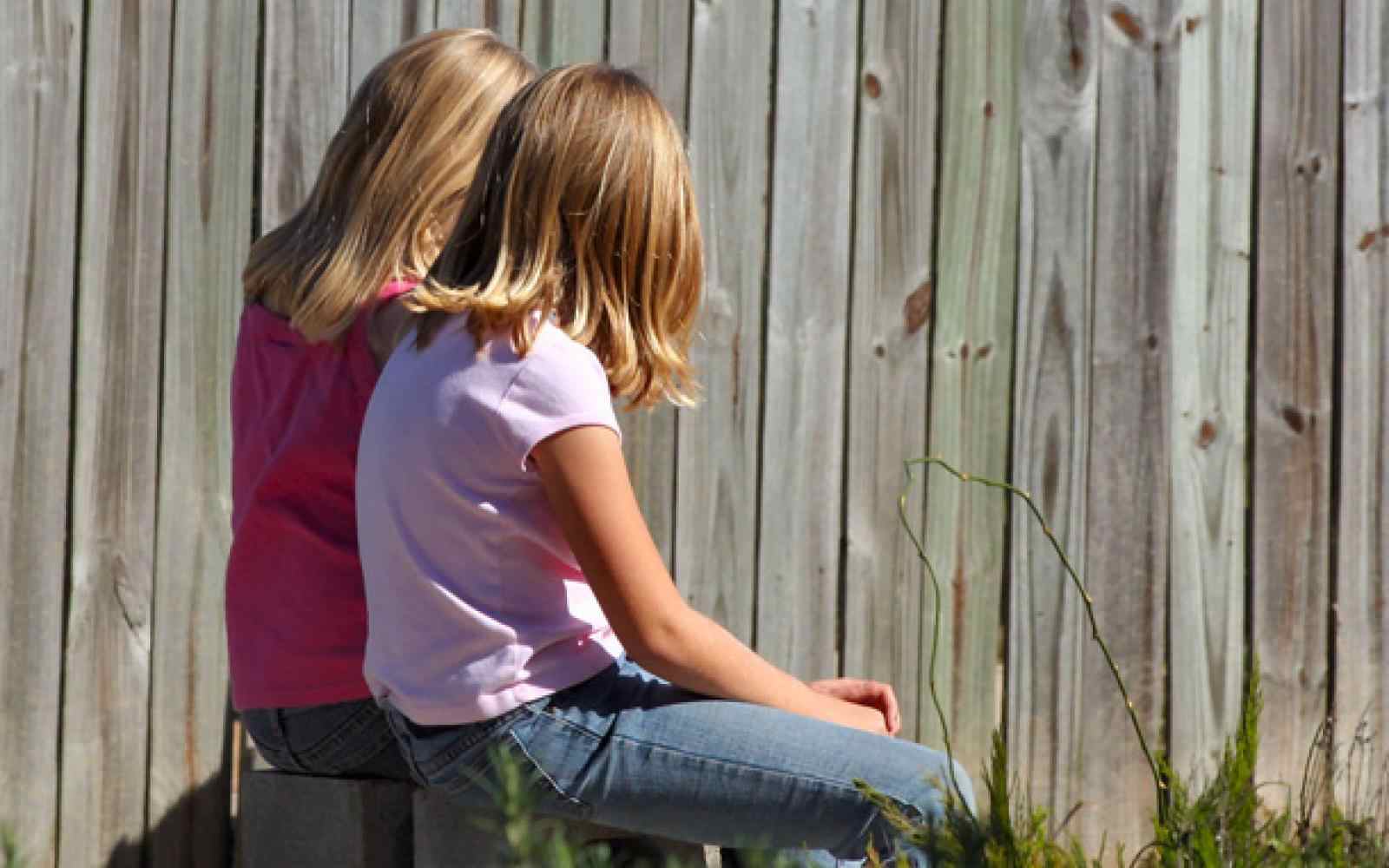This week I’ve been in Paris, France attending the Ashoka’s Changemakers Summit. I am not able, yet, to process all that I have gained here. It will take weeks to reveal the opportunities that have arisen due to my attendance.
I do know that I have met some of the most amazing people – some of the most amazing empathetic people on the planet.
Empathy has been a hot topic at the summit. Typically considered a soft skill and not necessarily essential to leadership (at least in the traditional sense), Bill Drayton, Founder of Ashoka, has uncovered a number of thematic connections between all of those folks who are social entrepreneurs. Empathy has been and continues to be at the top of that list.
Empathy is one of those things … “things” because I’m not sure precisely what to call it … that I’ve taken for granted. I was raised in a very empathetic home. My family members are empathetic. My children are empathetic and most everyone – heck, EVERYONE! – I work with is empathetic. I’ve naturally, based on my own experiences, assumed that most people would understand why empathy is essential to being human … a kind of “duh” sort of thing. A clear and VERY obvious outcome of Girls on the Run is the ability of every girl and coach to give and receive within an empathetic context.
In my mind, without empathy we lack the ability to deeply connect with another living creature. Empathy affords us the experience of being one in experience with another, putting aside our own ego, the need to be right, and being with the emotions of another. It doesn’t mean fixing them, making the emotions go away or enabling the individual. To me it simply means being with their emotions without interference from me.
All week I’ve been engaged in numerous dialogues about what brings about empathy. Mary Gordon, a leading researcher in the field and Founder of Roots of Empathy, emphatically believes that we cannot teach empathy, but must provide the opportunity for it to be experienced. I agree. Saying to someone, “Hey there, Mister. Be empathetic, will ya?” Well … that tactic isn’t going to work; BUT, providing an environment and the conditions to create space where empathy can thrive, is possible.
So here’s my request to you. What are the necessary conditions for empathy to thrive?
Of course, the one that comes first to MY mind is safety … both physical and emotional safety. We have to feel safe to share our full selves with another before empathy can enter the relationship.
I also believe that being vulnerable creates an empathetic bridge between two people. In essence, somebody’s gotta go first. If I open myself to you and reveal my authentic self in some form or fashion, you will feel safe and free to follow.
Trust is in there somewhere, too.
I’m currently serving on the Ashoka Empathy Team and am interested to hear from you. What other components must be present – components at the very primal level – in order for empathy to thrive?
Join the conversation, will ya? I could definitely use your input! If you are involved with Girls on the Run, consider specific methods we use to create that space and/or go for the more general. Let’s see what kind of Empathy Space we can come up with!
(Post here OR post on my Facebook page so we can generally get a sense of that space in a communal fashion.)
[Editor's note: For more of Molly's insights, check out her blog, Wandering Through Nothingness.]
